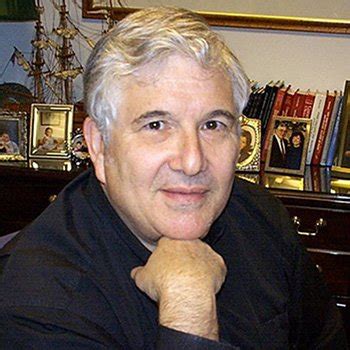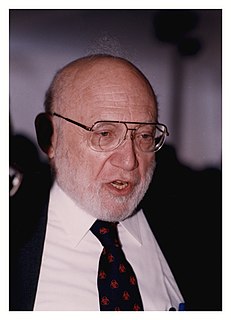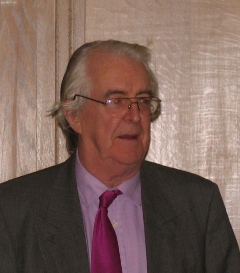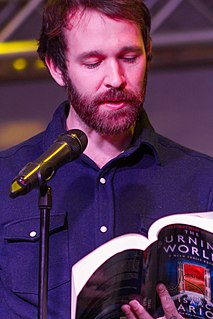A Quote by Howard Moskowitz
There's no moral issue for me. I did the best science I could. I was struggling to survive and didn't have the luxury of being a moral creature.
Related Quotes
For me, moral questions such as stem-cell research turn upon whether suffering is caused. In this case, clearly none is. The embryos have no nervous system. But that's not an issue discussed publicly. The issue is, Are they human? If you are an absolutist moralist, you say, "These cells are human, and therefore they deserve some kind of special moral treatment."
If an instrument similar to a geiger-counter could be invented that counted moral judgements instead, we would learn to duck as people became increasingly 'moral', since lethal force is usually imminent. So far from moral fervour being an alternative to force, it is frequently the overture, the accompaniment and the memorial to it.
[Lighting a cigarette] Well, I'm not here to impinge on anybody else's lifestyle. If I'm in a place where I know I'm going to harm somebody's health or somebody asks me to please not smoke, I just go outside and smoke. But I do resent the way the nonsmoking mentality has been imposed on the smoking minority. Because, first of all, in a democracy, minorities do have rights. And, second, the whole pitch about smoking has gone from being a health issue to a moral issue, and when they reduce something to a moral issue, it has no place in any kind of legislation, as far as I'm concerned.
Legality alone is no guide for a moral people. There are many things in this world that have been, or are, legal but clearly immoral. Slavery was legal. Did that make it moral? South Africa’s apartheid, Nazi persecution of Jews, and Stalinist and Maoist purges were all legal, but did that make them moral?
I look at the most promising putative moral theories. I construct crucial thought experiments in areas where they give conflicting advice. I confront their conflicting advice with my own moral sensitivity, my moral intuition. I take the theory that can best explain the content of my intuitions as gaining inductive support through an inference to the best explanation.

































